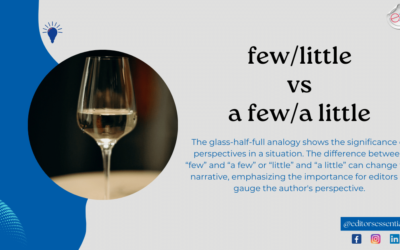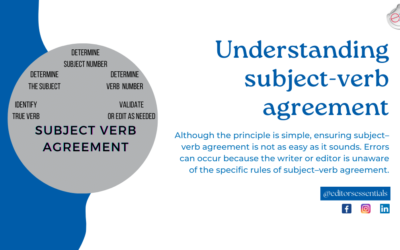As part of rebuilding this blog (I started this blog way back in 2008, with nothing being posted till now), I was skimming through various WordPress pages. In the About page, I saw this sentence:
It also means you are free to use it [WordPress] for anything from your cat’s home page to a Fortune 500 web site without paying anyone a license fee and a number of other important freedoms.
I first thought WordPress is cutting down many important freedoms, only to realize, after reading the “The Free Software Definition”, that the freedoms are not denied but offered. What went wrong? A preposition to mark the contradiction would suffice. Change the sentence as
It also means…license fee and with a number of other important freedoms.
Perfect now, isn’t it?




0 Comments